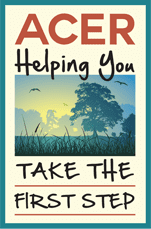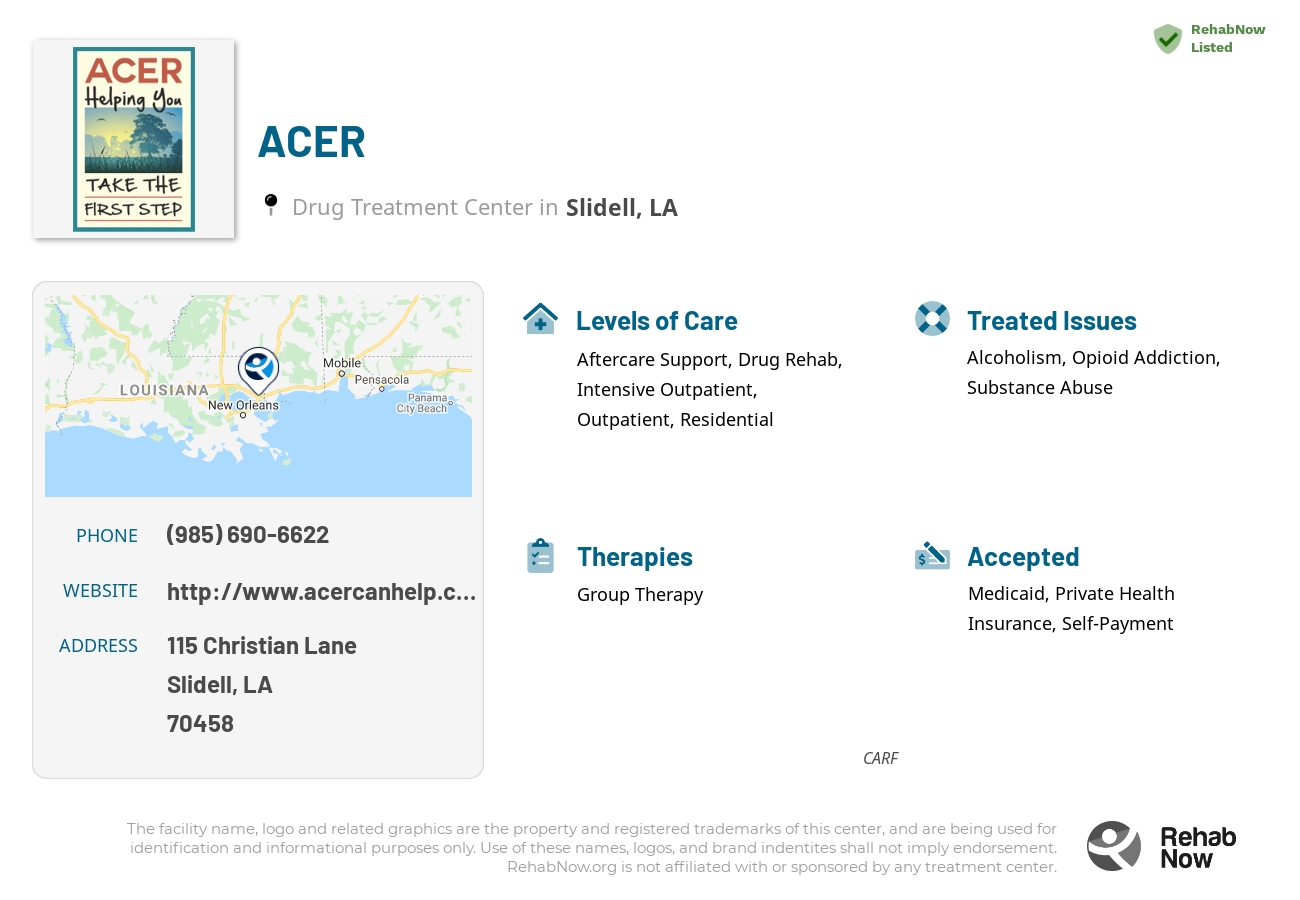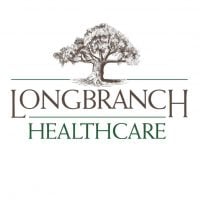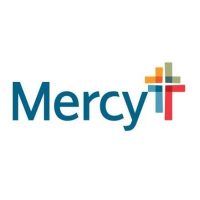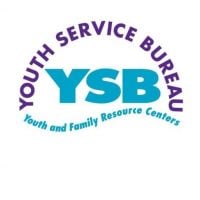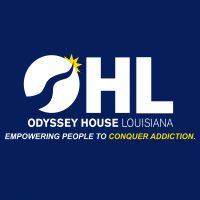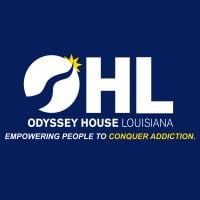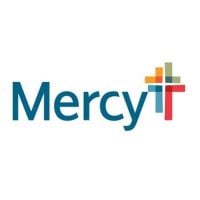About ACER in Louisiana
ACER, situated in Slidell, Louisiana, stands out for its thorough approach to addiction recovery, offering a wide range of services tailored to individual needs. Its dedication to creating a healthy, non-judgmental environment ensures that each person, family, and community member receives caring support. With a focus on holistic and innovative treatment options, ACER is committed to enhancing the quality of life for those struggling with substance use.
With accreditations from The Joint Commission and a CARF accreditation signal, ACER demonstrates its commitment to high-quality care and continuous improvement. Its team employs evidence-based practices, including Cognitive Behavioral Therapy (CBT) and Dialectical Behavioral Therapy (DBT), ensuring that treatment plans are both individualized and effective for clients.
- ACER offers a supportive housing program, aiding individuals in transitioning back to society after treatment.
- Specialized care for adolescents and court-mandated programs are provided, catering to unique needs within the community.
- With certifications from LegitScript and CARF, ACER meets stringent standards for quality and safety in addiction recovery services.
ACER specializes in treating various addictions and co-occurring mental health issues with a comprehensive approach. Utilizing methods like CBT and DBT, along with offering multiple levels of care from outpatient programs to support for transitioning back to everyday life, ACER addresses substance use challenges effectively.
Genders
Ages
Modality
Additional
Accreditations

LegitScript

CARF
The Commission on Accreditation of Rehabilitation Facilities (CARF) is a non-profit organization that specifically accredits rehab organizations. Founded in 1966, CARF's, mission is to help service providers like rehab facilities maintain high standards of care.
Conditions and Issues Treated
Some addicts can benefit from substance abuse treatment, which is designed to help them become and remain sober without the use of medications. These programs are typically used by those struggling with drugs like marijuana or hallucinogens. However, they might be beneficial for those with a co-occurring mental health disorder like schizophrenia, major depression or bipolar disorder.
During this type of treatment, the addict will meet with therapists and other professionals on a regular basis to learn coping skills and healthy ways to deal with their addiction and mental health disorder.
Treatment programs often combine medications with counseling, support groups and even medical services like those found in hospitals or doctor’s offices. There are also detoxification services that addicts can use to get sober and avoid severe withdrawal symptoms.
Opioids are a group of drugs that include substances such as heroin, morphine, and oxycodone. These drugs activate opioid receptors in the brain, which produce pleasurable feelings. Opioid addiction occurs when drugs are abused at increasing rates or increasing amounts because the body becomes tolerant of them.
Opioid addiction is typically diagnosed when drug abuse becomes a typical behavior that interferes with an individual’s ability to function daily. The use of the substance results in consequences like legal problems.
Treatment for opioid addiction varies depending on each individual’s needs. Some treatments focus on replacing opioids with other drugs that have similar effects of reducing withdrawal symptoms. Other treatments aim to reduce the risk of relapse by providing psychological support or using more natural methods.
A drug rehab center that uses Dual Diagnosis is more likely to be successful in rehabilitating a person. Dual diagnosis helps to identify and treat any co-occurring disorders. It is essential to screen for both addiction and any untreated mental health issues. A dual diagnosis gives rehab the means to treat addiction while restoring mental and emotional health.
About 70% of patients with drug addiction have at least one other psychiatric diagnosis. Fortunately, dual diagnosis treatment is a proven model that has been highly effective.
Levels of Care Offered
This center offers a variety of custom treatment tailored to individual recovery. Currently available are Aftercare Support, Detox, Drug Rehab, Dual-Diagnosis, Intensive Outpatient, Outpatient, Residential, with additional therapies available as listed below.
Detox, or detoxification, is the method of weaning a person’s body from the toxic substance(s) they have abused. This is a slow process under medical supervision and one that should occur for almost all individuals. As detox can cause medical complications, it should always be performed by experienced medical professionals in a safe setting.
An intensive outpatient program is usually the first phase of addiction treatment. It provides relief for those addicted, but not ready to commit to an inpatient setting. IOPs consist of a daily 3 to 5-hour program, and there is a required number of hours per week. The goal here is to teach patients healthy coping skills, such as stress management.
Outpatient programs offer a lower intensity level of addiction treatment than inpatient facilities. They are ideal for those who have graduated from inpatient facilities, have a supportive home environment, and are motivated to commit to the program. Services offered include medication-assisted treatment, individual and group therapy, and peer group support.
This treatment is a popular option for those suffering from a lower intensity addiction. It is not advisable for someone who needs to go through a medically supervised detox or does not have a supportive home environment. It requires motivation and dedication to commit to the program without constant monitoring.
Residential treatment programs are those that offer housing and meals in addition to substance abuse treatment. Rehab facilities that offer residential treatment allow patients to focus solely on recovery, in an environment totally separate from their lives. Some rehab centers specialize in short-term residential treatment (a few days to a week or two), while others solely provide treatment on a long-term basis (several weeks to months). Some offer both, and tailor treatment to the patient’s individual requirements.
Aftercare Support in drug rehab is crucial because it helps people stay sober after treatment. Aftercare Support in drug rehab is helpful because it provides the recovering person with a support group, including family members, friends, and other peers who are also in recovery.
The benefits of Aftercare Support are that it provides a pathway that will help people get sober for life. It supports healing at all levels, physical, mental, emotional, and spiritual. Another benefit of Aftercare Support is that participants learn to maintain their sobriety through holistic methods. They learn to modify behaviors individually to have peace of mind, have positive relationships with others, and find peace on the inside.
Therapies & Programs
Family therapy is designed to help addicts get clean and sober by using what they love the most; their family. Most drug treatment centers make it mandatory that the addict’s family attend therapy sessions, which is great because having everyone there to support them makes it much easier for them to get clean. Not only are they surrounded by people who want them to get better, but everyone is there because they want the best for them, not because they feel like they have to be.
Drug addicts are often surrounded by resentful or uneducated family members who would, at times, rather see them stay addicted because it makes their own lives easier. Sometimes they don’t understand what the addiction is or how they play a part in it. They know that during and after the addict’s sobriety journey, they will face challenges and changes that they aren’t sure how to handle. This can be very tough for an addict to go through on their own, which is why it’s so important that they have the support of their family. Just because someone is an addict does not mean that they don’t deserve the love and support of those around them.
Addicts in Slidell, LA can find support in group therapy at ACER by finding peers who understand their situation and being held accountable. They also learn to develop faith, understanding, and insight into their addiction through shared conversations.
Group Therapy is employed by drug treatment centers to provide the recovering addict with a platform to talk about their feelings and experiences. It also provides for an opportunity to learn from other addicts who have successfully overcome their addiction. It is recommended that all group members be recovering addicts for this type of therapy to work.
Trauma therapy allows people who struggled with a past trauma to face the situation and learn from it. Many people go through traumatic events at an early age that later leads them into addiction as adults. By addressing this issue during treatment at ACER in [/type], you can move forward with your recovery process and take back control of your sober future, too!
Traumas are one of the most common causes of psychological disorders such as Addiction Disorder. It’s often found among those diagnosed with Addictive Disorders because traumatized individuals have strong emotions or thoughts related to their traumas, leading to addictive behaviors.
Dialectical behavior therapy (DBT) is a cognitive-behavioral therapy that focuses on eliminating specific negative thoughts, such as suicidal thoughts. These negative thoughts can potentially lead to an individual inflicting self-harm. It helps treat patients exhibiting uncontrollable emotions, intense mood swings, and borderline personality disorders.
The term “Dialectic” means the integration of opposites. In substance abuse, DBT refers to accepting the patient’s addiction and working to change their thoughts and behavior. It improves life skills such as controlling intense emotions without reacting impulsively, resolving interpersonal conflicts effectively, and promoting awareness about self and others.
Cognitive Behavioral Therapy (CBT) helps addicts comprehend the causes of their substance abuse and the consequences that follow. The treatment’s goal is to help addicts gain self-control and maintain abstinence from drugs and alcohol over the long term. Through CBT, clients learn to recognize and avoid high-risk situations and cope with challenging situations when they arise.
Rational Emotive Behavior Therapy, or REBT, is a form of Cognitive Behavioral Therapy developed to help people overcome specific emotional and behavioral problems.The theory behind REBT is the belief that a person’s thinking (and resulting emotions) create their reality. By helping patients let go of certain ideas, they can reduce their feelings of anger and hostility and feel a sense of relief from rigid expectations. This, in turn, is believed to result in a reduction in both emotional and behavioral problems, impacting drug addiction.
Many people who struggle with addiction in Slidell, Louisiana also have trouble managing their daily responsibilities after treatment. With this type of therapy, addicts are taught how to manage their time, attain specific goals, and take care of all facets of their lives without the influence of drugs or alcohol.
During these sessions, therapists will work with addicts to identify personal values and goals. They will then help addicts set goals for achieving those values and standards. In the process, therapists help addicts develop strategies for fulfilling their goals and successfully managing their responsibilities.
In many cases, this type of therapy is used in conjunction with other types of addiction treatment services to address specific issues that affect a recovering addict’s ability to stay sober.
In a 12-Step Program, peers help each other to achieve the goal of total sobriety. 12-Step Programs are available in almost every city in the United States. They’re a relatively simple set of steps that are done continuously to move through life with awareness, accountability, and honesty. The recovery technique used by Alcoholics Anonymous is the 12 step program, but it can relate to any form of addiction.
Payment Options Accepted
For specific insurance or payment methods please contact us.
Is your insurance accepted?
Ask an expert, call (888) 674-0062
ACER Associated Centers
Discover treatment facilities under the same provider.
- ACER - Metairie in Metairie, LA
- ACER - Slidell in Slidell, LA
- ACER - Chalmette in Chalmette, LA
- ACER - Metairie in Metairie, LA
Learn More About ACER Centers
Additional Details
Specifics, location, and helpful extra information.
Slidell, Louisiana 70458 Phone Number(985) 690-6622 Meta DetailsUpdated April 15, 2024
Staff Verified
Is ACER a LegitScript Verified Treatment Facility?
According to our most recent records, we have found this center to be LegitScript verified.
ACER Patient Reviews
There are no reviews yet. Be the first one to write one.
Slidell, Louisiana Addiction Information
Louisiana is one of the top ten states in the nation for opioid-related deaths. One in ten high school students admits to regularly using prescription opioids for non-medical purposes. More than 225,000 Louisiana residents admit to regular heavy drinking and around 6% of the Louisiana population abuses alcohol. Marijuana use in Louisiana is most common amongst teenagers between the ages of 12 and 17 years old.
Slidell, Louisiana, has a serious drug addiction issue. An estimated 9.4 percent of residents aged 12 or older reported using illicit drugs. Additionally, there were 912 opioid-related deaths between 2009 and 2016. The most common drugs involved in overdoses were opioids, benzodiazepines, and cocaine. 12-step programs are a popular treatment option in Slidell and offer support from peers who have struggled with addiction.
Treatment in Nearby Cities
- Clinton, LA (84.5 mi.)
- Jonesville, LA (152.8 mi.)
- Crowley, LA (156.5 mi.)
- Charenton, LA (109.7 mi.)
- Donaldsonville, LA (75.2 mi.)
Centers near ACER
The facility name, logo and brand are the property and registered trademarks of ACER, and are being used for identification and informational purposes only. Use of these names, logos and brands shall not imply endorsement. RehabNow.org is not affiliated with or sponsored by ACER.
